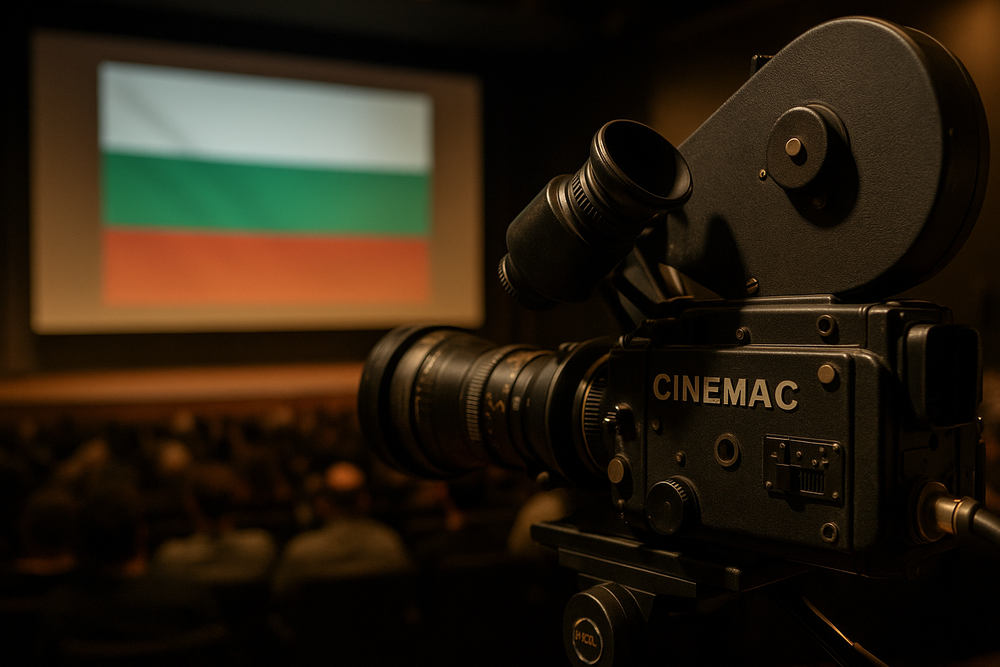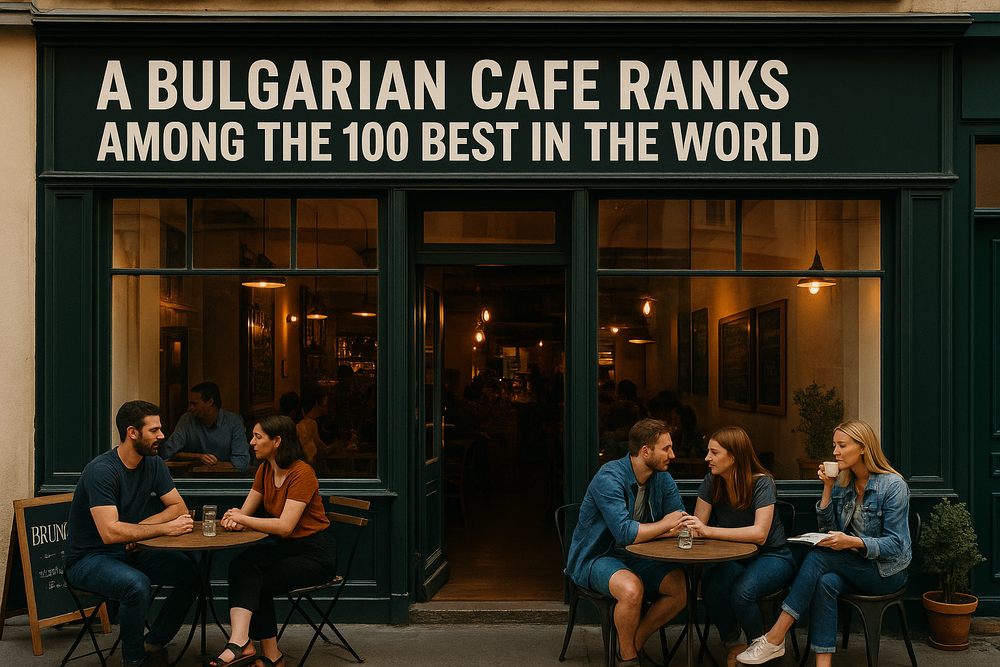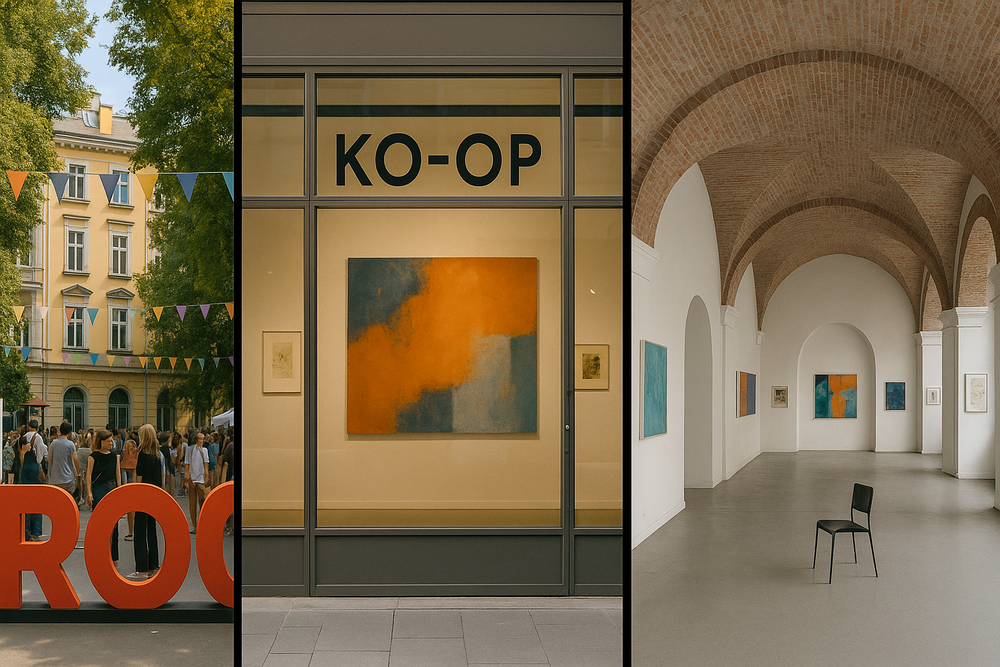
The Rise of Bulgarian Cinema: Films and Directors Gaining Global Attention
In recent years, Bulgarian cinema has been experiencing a quiet yet powerful renaissance. Once overshadowed by the dominant industries of Western Europe and Hollywood, Bulgaria’s film scene is now stepping onto the international stage with compelling narratives, strong directorial voices, and a growing number of awards and festival appearances. From gritty social dramas to poetic reflections on national identity, Bulgarian filmmakers are drawing global attention and reshaping how the world sees the country’s creative output.
A Look Back: From State-Sponsored Cinema to Independent Voices
Bulgarian cinema has a rich, though often underappreciated, history. During the communist era, film was tightly controlled and often used as a tool of propaganda. Still, this period produced notable works such as Time of Violence (1988) by Ludmil Staikov and The Goat Horn (1972) by Metodi Andonov — films that explored deep moral and historical themes with bold artistic expression.
The fall of communism in 1989 ushered in a new era of uncertainty for the industry. State support diminished, and many filmmakers struggled to fund their projects. But the 2000s marked a turning point: a new generation of directors emerged, driven by independent spirit and a desire to reflect the social realities of post-communist Bulgaria.
Modern Successes: New Wave, New Stories
One of the most internationally recognized voices in contemporary Bulgarian cinema is Stephan Komandarev. His films, such as The World is Big and Salvation Lurks Around the Corner (2008) and Directions (2017), have won accolades at major festivals including Cannes and Karlovy Vary. Komandarev’s works often explore themes of transition, morality, and the human cost of societal change.
Other directors such as Kristina Grozeva and Petar Valchanov have also gained international attention. Their film The Lesson (2014) and its spiritual successors Glory (2016) and The Father (2019) are examples of the so-called “Bulgarian minimalism” – storytelling that is raw, precise, and deeply human.
Festivals and Recognition: Building a Platform
A key platform for showcasing Bulgarian cinema is the Sofia International Film Festival (SIFF), held annually since 1997. SIFF has grown to become one of Eastern Europe’s most important festivals, drawing filmmakers, critics, and industry leaders from around the world. The festival not only celebrates Bulgarian talent but also connects it to broader European and global cinema networks.
In recent years, Bulgarian films have been increasingly selected for major festivals including Berlin, Venice, and Cannes. In 2023, Blaga’s Lessons by Komandarev won the Grand Prix at the Karlovy Vary International Film Festival, confirming the rising status of Bulgarian storytelling.
A Global Future for Bulgarian Stories
What makes Bulgarian cinema resonate globally is its authenticity. These are stories grounded in lived experience, often grappling with themes of identity, economic struggle, and moral ambiguity — themes that are universal, yet told with a distinctly Eastern European sensibility.
As Bulgarian filmmakers continue to break new ground, the world is starting to listen. With strong directors, supportive platforms like SIFF, and growing international recognition, Bulgaria is no longer a hidden gem in the cinematic world — it’s a rising force.





